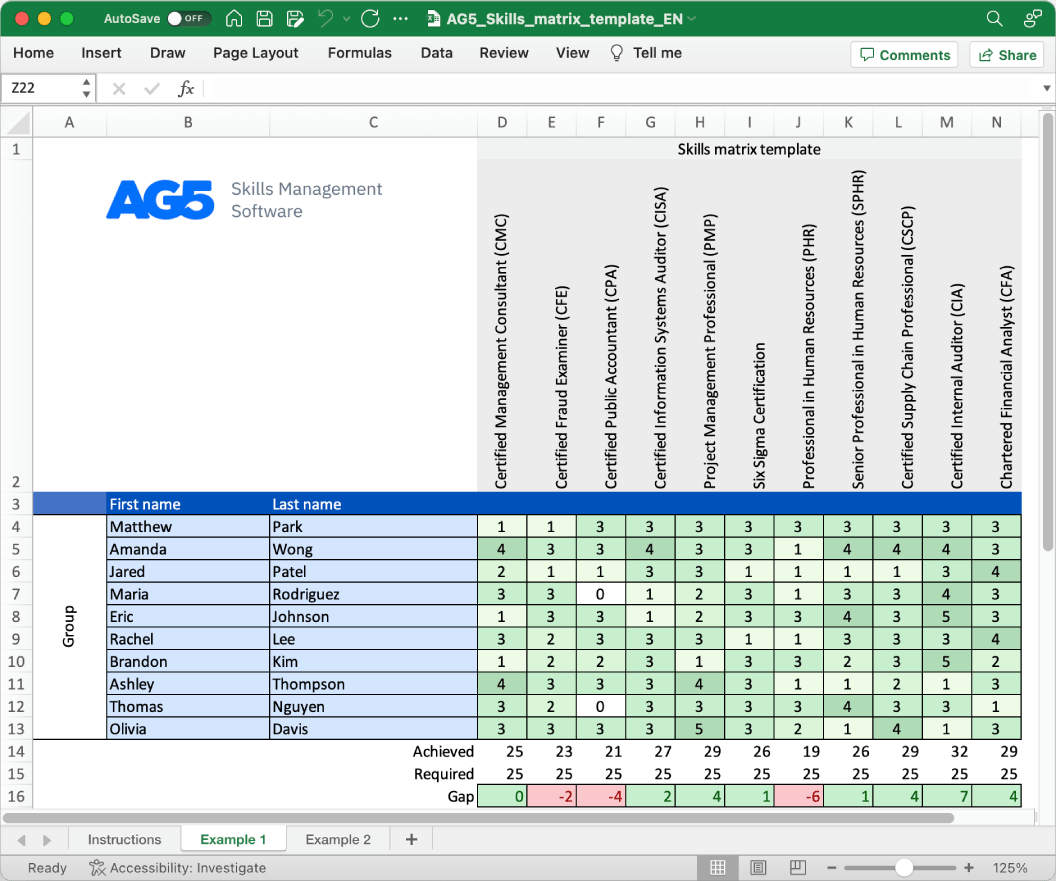Validation protocol development skills matrix template
A skills matrix template is a tool teams can use to assess their validation protocol skills and knowledge
Download your free template here

Overview Copied
With our free validation protocol skills matrix template, you will receive a clear overview of the skills that are present in your organization, as well as those that are missing. Using this information, you can develop and implement a plan to ensure that your employees’ skills are up to date, comprehensive, compliant, and ready for the future.
- Certified Protocol Development Specialist (CPDS)
- Certified Validation Protocol Developer (CVPD)
- Certified Protocol Development Analyst (CPDA)
- Certified Validation Protocol Engineer (CVPE)
- Certified Protocol Development Coordinator (CPDC)
- Certified Validation Protocol Writer (CVPW)
- Certified Protocol Development Auditor (CPDA)
- Certified Validation Protocol Consultant (CVPC)
- Certified Protocol Development Lead (CPDL)
- Certified Validation Protocol Manager (CVPM)
- Certified Protocol Development Officer (CPDO)
- Certified Validation Protocol Reviewer (CVPRE)
- Certified Protocol Development Practitioner (CPDP)
- Certified Validation Protocol Coordinator (CVPC)
- Certified Protocol Development Specialist (CPDS)
- Certified Validation Protocol Analyst (CVPA)
- Certified Protocol Development Team Leader (CPDTL)
- Certified Validation Protocol Compliance Officer (CVPCO)
- Certified Protocol Development Trainer (CPDT)
- Certified Validation Protocol Implementation Specialist (CVPIS)
Benefits Copied
Skills management software is important in validation protocol development to assign individuals skilled in regulatory compliance, risk assessment, protocol writing and documentation, good documentation practices, and technical writing, facilitating the development of comprehensive and compliant validation protocols.
Author Copied
Revisions Copied
Tired of managing skills in Excel?
Say goodbye to Excel matrices. Start using AG5’s plug and play skill matrix software.
Recognized by G2 for Excellence in Skills Management

